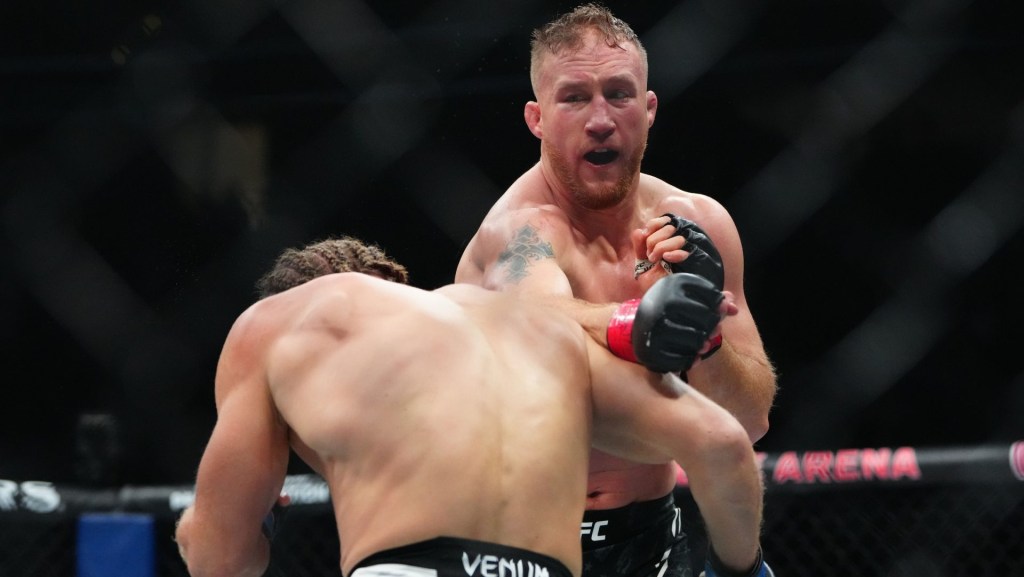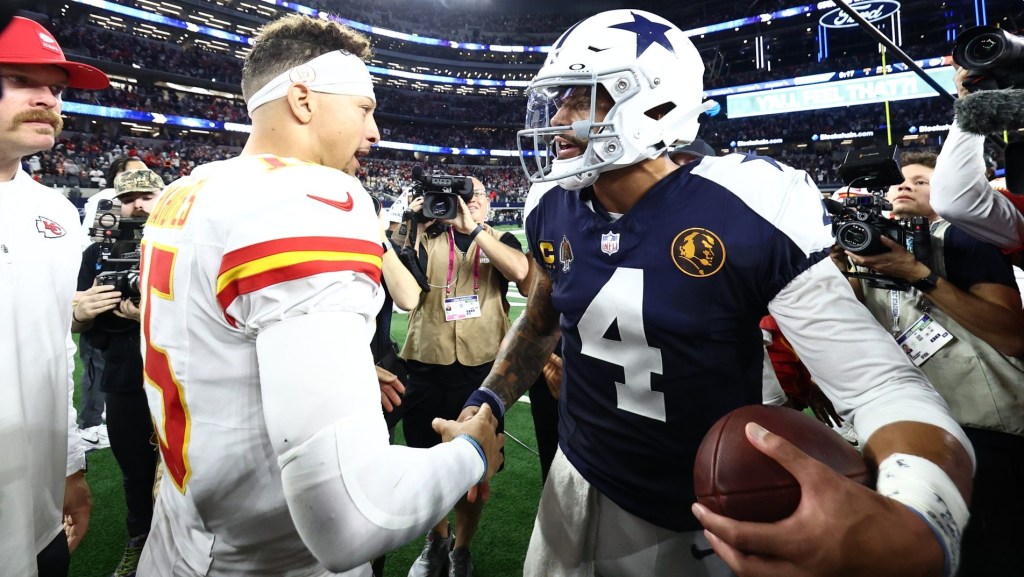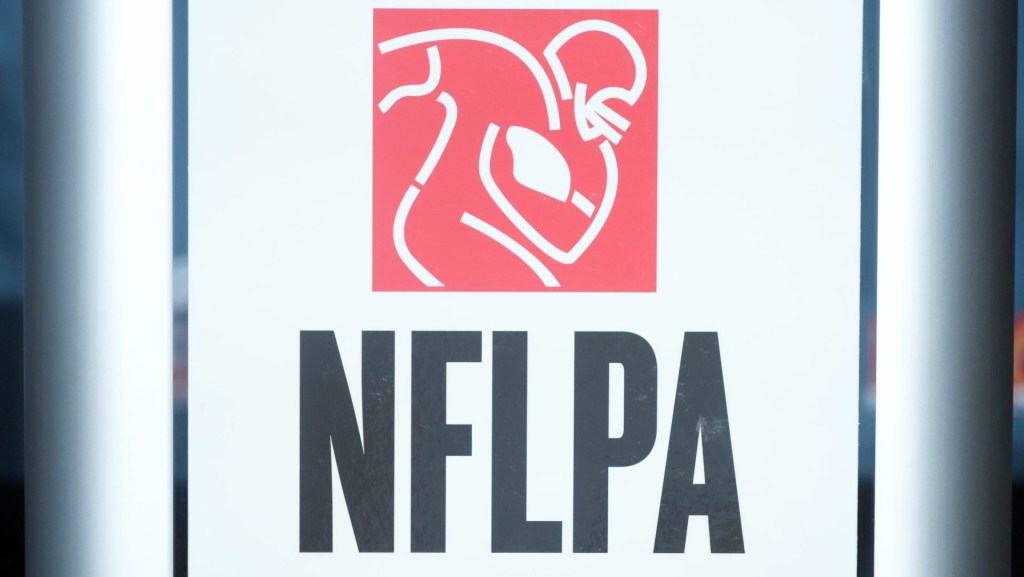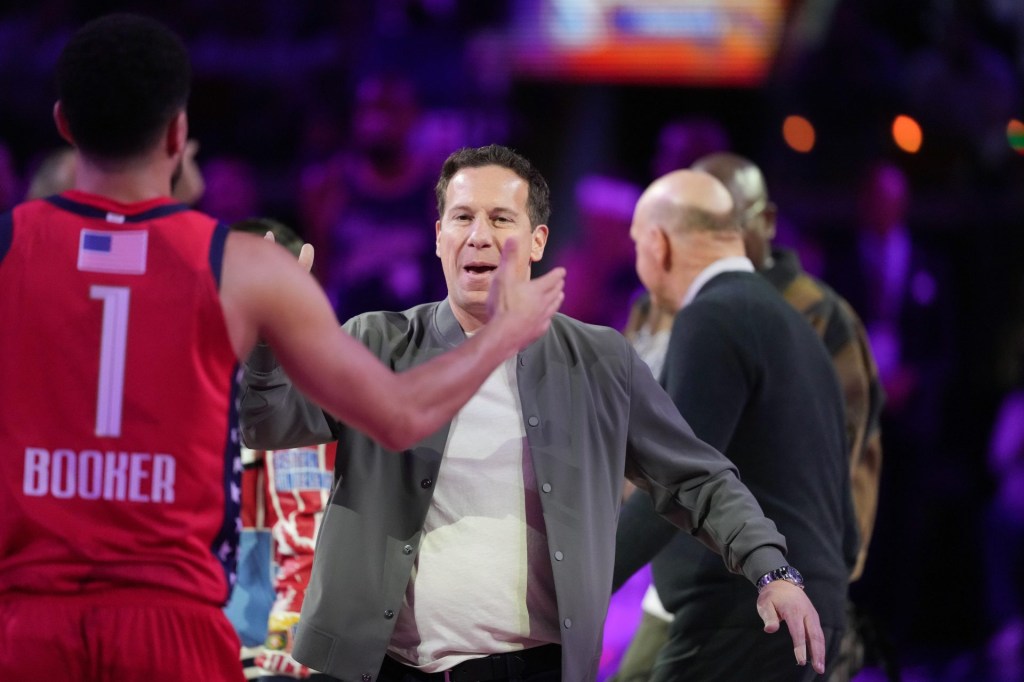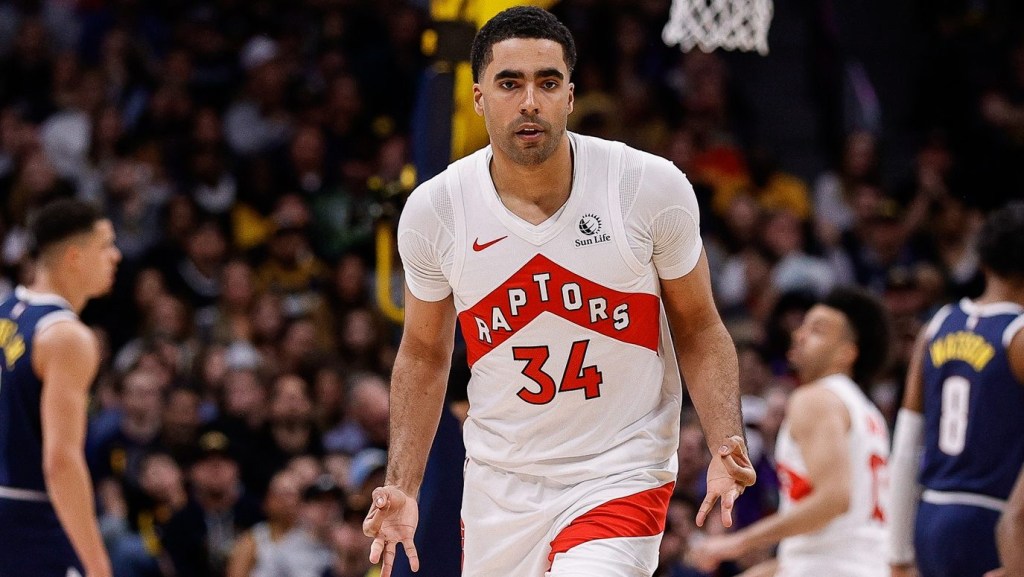NBA commissioner Adam Silver has long advocated for the legalization and regulation of sports betting.
In 2014, Silver wrote an op-ed in The New York Times headlined “Legalize and Regulate Sports Betting.” He explained the growing appetite for sports betting—as well as the importance of regulation in an industry already seeing a massive volume of illegal bets.
Despite dealing with a major issue last season that ended in the lifetime ban of former Raptor Jontay Porter, Silver told the Associated Press that, for the most part, he maintains his stance.
“I’d say when it comes to sports betting, I certainly don’t regret writing that op-ed piece and being in favor of legalized sports betting,” Silver said. “I still think you can’t turn the clock back. I think, as I said at the time, with the advent of the internet, widely available sports betting online … that we had to deal directly with technology and recognize that if we don’t legalize sports betting, people are going to find ways to do it illegally.”
In May 2018, less than four years after Silver’s op-ed, the U.S. Supreme Court struck down the federal rule that banned sports betting across most states.
Sports betting has become the norm across most of the country as nearly 40 U.S. states can bet on sports in some capacity. In 2023, sportsbook revenues were at $10.9 billion, a 44.5% increase from the prior year, according to the American Gaming Association.
The market of illegal sports betting is still prevalent, however, and a 2023 AGA study showed sports betting revenue for illegal bookies and unregulated sportsbooks at about a third of legal avenues.
The Downsides
There are still several drawbacks that have come with sports betting becoming easily accessible, as Silver witnessed last year with Porter betting on games and disclosing information that influenced his player prop bets—which the commissioner called a “cardinal sin.”
However, the normalization of sports betting has also had negative effects among college and professional players, who have reported abusive attacks from fans both online and in person.
“I think that on the downsides of sports betting, they certainly exist, and I think we have to pay a lot of attention to that,” Silver said.
Despite all the risks that come with sports betting, Silver justified it as an avenue to keep fans more entertained and engaged with the league—and he reiterates that better regulation is the way to cause as little negative impact as possible.
“As I said sort of Day 1, it’s not a huge business for us in terms of a revenue stream into the league, but it makes a big difference in engagement. … I’d put it in the category of other things in society that I wouldn’t criminalize them, but on the other hand that you have to heavily regulate them because if there’s not guardrails, people will run afoul and create issues, problems for themselves, potentially for their families, or for operations like us,” Silver said.
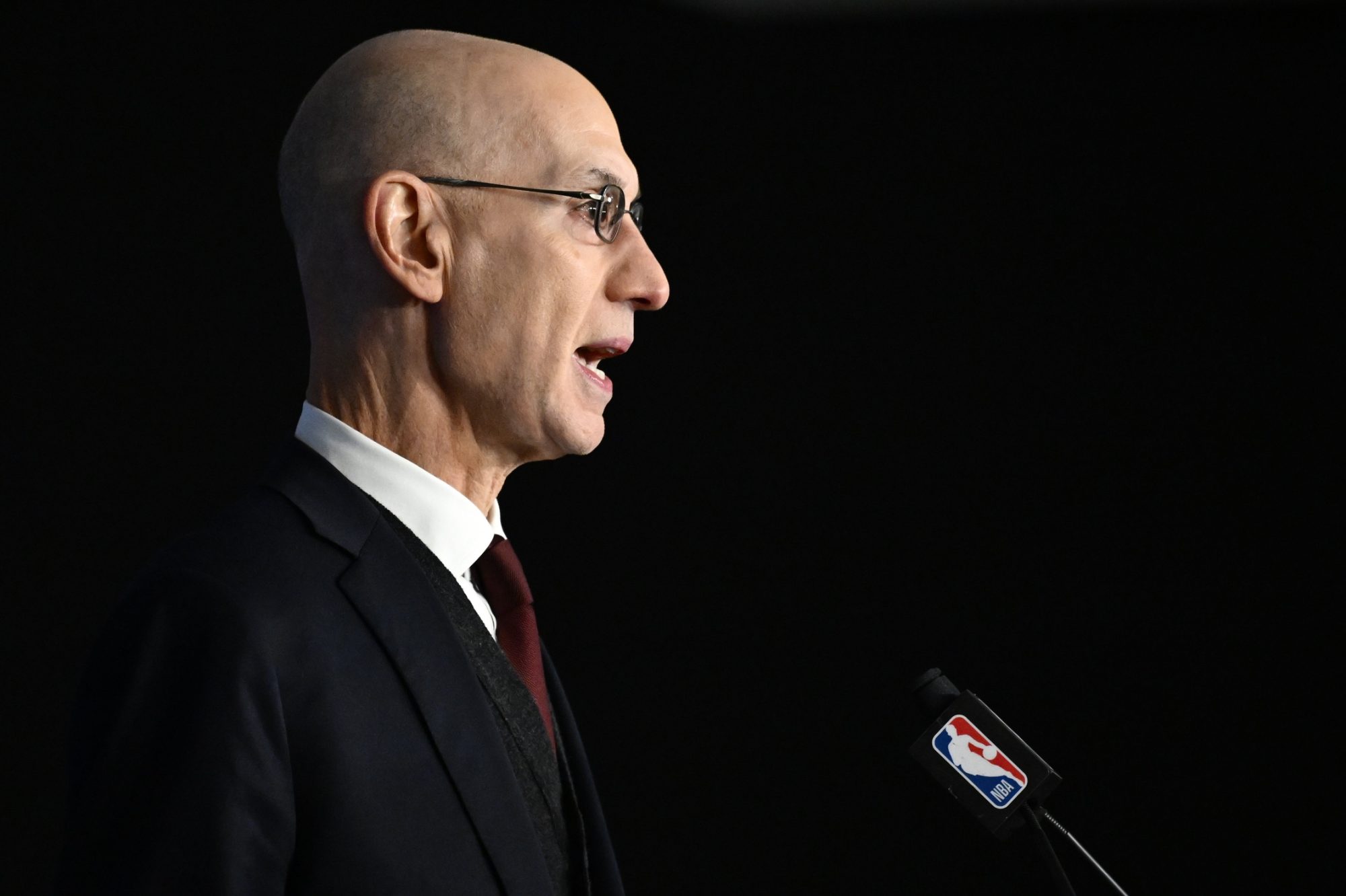




![[Subscription Customers Only] Jun 15, 2025; Seattle, Washington, USA; Botafogo owner John Textor inside the stadium before the match during a group stage match of the 2025 FIFA Club World Cup at Lumen Field.](https://frontofficesports.com/wp-content/uploads/2026/02/USATSI_26465842_168416386_lowres-scaled.jpg?quality=100&w=1024)
![[Subscription Customers Only] Jul 13, 2025; East Rutherford, New Jersey, USA; Chelsea FC midfielder Cole Palmer (10) celebrates winning the final of the 2025 FIFA Club World Cup at MetLife Stadium](https://frontofficesports.com/wp-content/uploads/2026/02/USATSI_26636703-scaled-e1770932227605.jpg?quality=100&w=1024)



